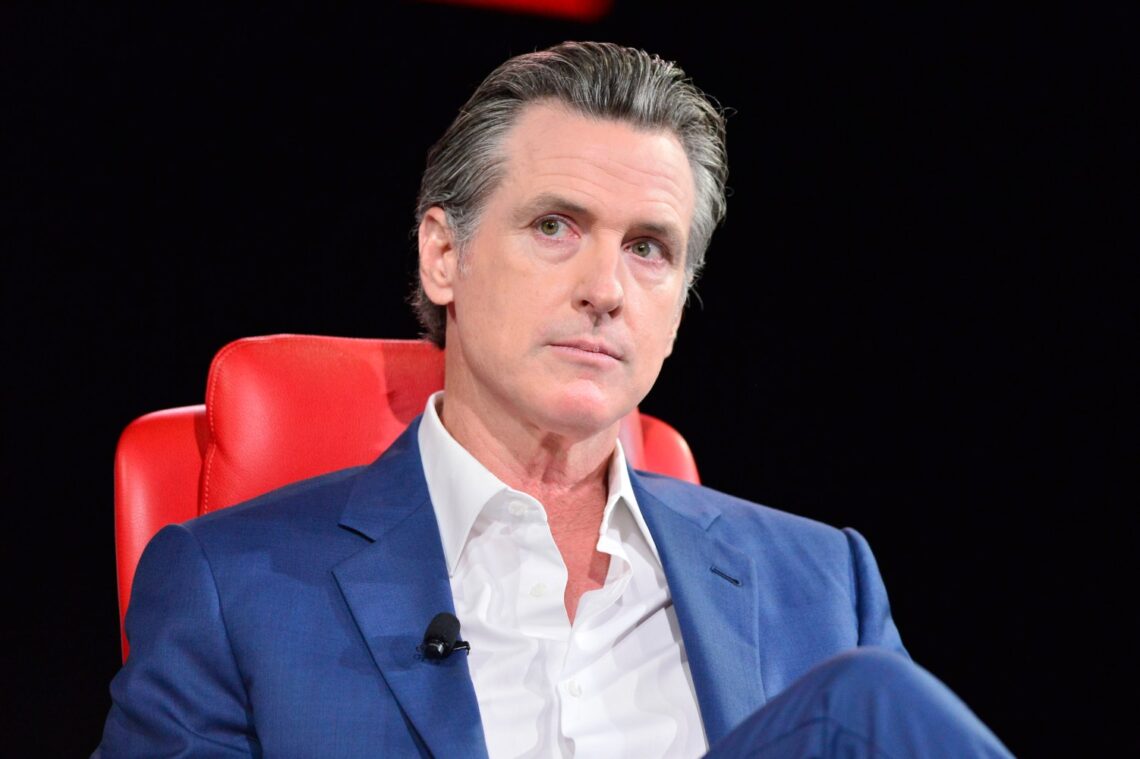California governor vetoes controversial AI regulation bill
A closer look at the AI regulation debate
In a significant move, California Governor Gavin Newsom vetoed a highly debated bill, SB 1047, on Sunday. This bill aimed to mitigate the catastrophic risks associated with advanced artificial intelligence (AI) models. The legislative session saw a fierce divide, with numerous activists and AI companies taking sides. Proponents of the bill warned that unregulated AI could potentially be used to develop chemical or nuclear weapons, posing a threat of mass casualties. On the other hand, opponents argued that stringent regulations could stifle AI development and drive companies out of the state.
Governor’s perspective on AI regulation
In his veto message, Newsom acknowledged the genuine concerns the bill sought to address but criticized the proposed regulatory framework. He emphasized the need for a dynamic approach to AI regulation that evolves with the technology. “I do not believe this is the best approach to protecting the public from real threats posed by the technology,” Newsom wrote. “Ultimately, any framework for effectively regulating AI needs to keep pace with the technology itself.”
Hollywood’s stance on AI risks
Among the bill’s supporters was SAG-AFTRA, the union representing Hollywood actors. A group named “Artists for Safe AI” also backed the bill, with notable figures like J.J. Abrams, Shonda Rhimes, Judd Apatow, and others signing an open letter in support. The actors’ union has been vocal about the dangers of AI cloning actors without their consent. This marks the first time the union has addressed broader AI risks beyond the entertainment industry.
Jeffrey Bennett, general counsel of the union, highlighted the union’s firsthand experience with AI dangers. “This bill targets only the incredibly powerful, expensive systems capable of causing mass critical problems. Why not regulate at that level? Why not build in some sensible, basic safety protocols at this stage of the game?” Bennett questioned.
Future steps for AI regulation
While announcing the veto, Newsom also revealed plans to convene experts to develop regulations promoting the safe development of AI. He assured continued efforts on this issue in the coming year. Notably, SAG-AFTRA supported two other AI-related bills in California this year, both of which regulate AI use in the entertainment industry. Newsom signed these bills at SAG-AFTRA headquarters earlier this month.
The broader impact of AI on creative industries
The union did not engage in the SB 1047 debate while it was pending in the Legislature. However, on September 9, the union sent a letter to Newsom urging him to sign the bill. Shane Gusman, the union’s lobbyist in Sacramento, highlighted the misuse of AI-assisted deepfake technology to create fake nude and pornographic images of SAG-AFTRA members. “Policy makers have a responsibility to step in and protect our members and the public. SB 1047 is a measured first step to get us there,” Gusman wrote.
Other Hollywood unions and companies remained uninvolved in the issue, which addressed only “frontier” AI models that do not currently exist. Newsom also signed another AI bill, AB 2013, requiring AI developers to disclose whether they are training their models on copyrighted work.
The role of the Concept Art Association
The Concept Art Association, representing artists who create visual ideas for movies, animation, and video games, was a key supporter of AB 2013. Many artists have seen their work incorporated into AI models, potentially threatening their jobs. The bill does not mandate developers to reveal the entire data set used to train their models or to pay for using copyrighted works. Instead, it requires developers to acknowledge the use of copyrighted data or other “personal” information.
“Any disclosure we can get is a good thing,” said Deana Igelsrud, legislative and policy advocate for the Concept Art Association. “It’s very general, but it’s a start.”
National efforts for AI regulation
Hollywood unions have also backed a similar bill in Congress, proposed by Rep. Adam Schiff earlier this year. Igelsrud emphasized the importance of recognizing the human element behind the data used by AI systems. “None of these AI systems would be able to output anything if they weren’t filled with all the art in the history of the world,” she said. “I don’t think people really understand that real human beings are attached to the data. Everyone just assumes if you put it on the internet, it’s a free for all. It’s not.”
Did you enjoy this article? Share it on your social channels and let us know your thoughts! Don’t miss out on the latest updates! Follow us on social media to stay informed about the newest releases.

 Italian
Italian







